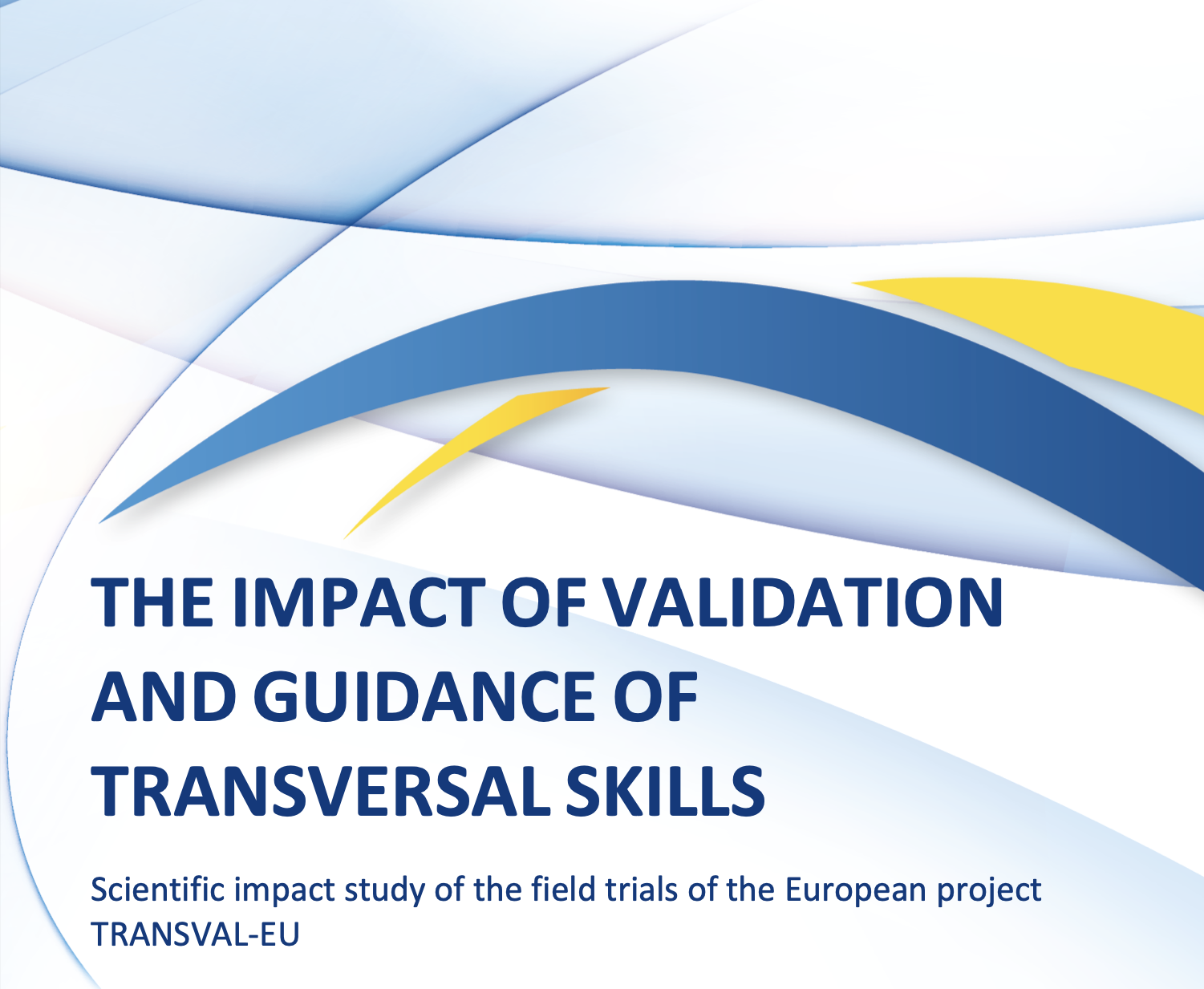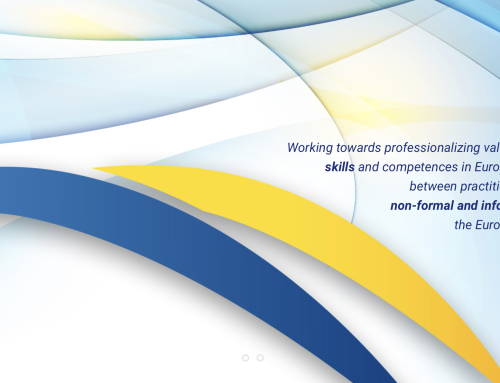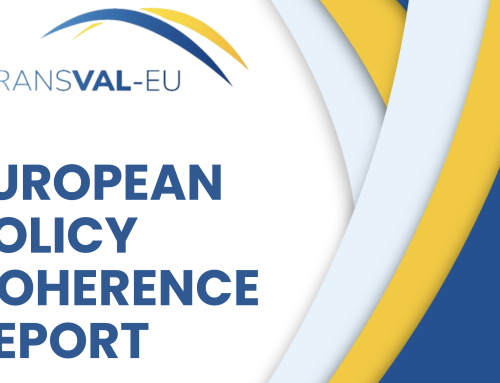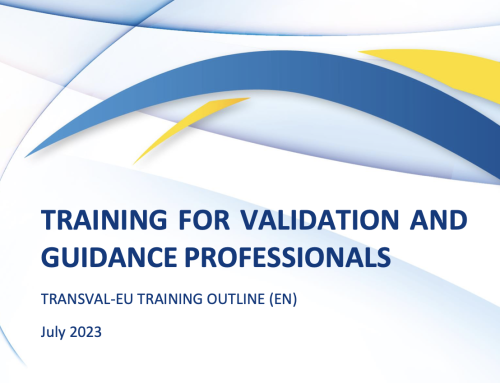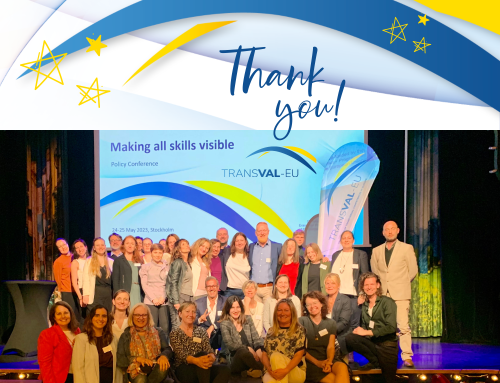The impact of validation and guidance of transversal skills
Authors: Maurice de Greef (Vrije Universiteit Brussel), Julia Fellinger (3S), Mariya Dzhengozova (3S)
In cooperation with: Iwona Gmaj (IBE), Barbara Fijalkowska (IBE), Roksana Pierwieniecka (IBE), Aleksandra Wójcicka (IBE) and Monika Auzinger (3S).
The TRANSVAL-EU project aims to contribute to a more constructive and reliable validation and guidance process. In order to do so, eight field trials were organised in six European countries (Austria, Belgium, Italy, Lithuania, Poland and Portugal) that allowed the optimisation of the validation process concerning transversal skills. This article describes the results of the scientific study focussing on the impact of the implemented field trials.
Experienced increase in competences among validation and guidance candidates
According to the results among the candidates, 30% to 50% of them experienced that some of their transversal competences increased. Besides, 35% to 42% of candidates experienced an increase in social inclusion. According to the European study of Lupi et al. (2011), circa 30% to 45% of a comparable target group experienced an increase in some comparable competences and social inclusion. This study showed that learning interventions referring to formal, non-formal and informal learning for adults have an impact on a significant share of these learners. The results of the field trials of TRANSVAL-EU are comparable and seem to be promising especially in comparison with the earlier published results of the study of Taris (2007) showing the impact of training of 10% to 20%.
Influential factors of experienced increase of competences among validation and guidance candidates
Most of the involved candidates (89%) felt that they were involved in a constructive process of validation and guidance of transversal skills and perceived to be among others more aware of their transversal competences. In order to determine the most important influentials on the several competences a logistical regression analysis has been conducted. According to the results of the analysis three variables seem to have the most important impact on five competences. First, the validation and guidance process of transversal skills seems to be a significant predictor on ‘solving problems and reacting to unforeseen’, ‘cooperating and fostering cooperation’, ‘building one’s career path’ and ‘developing one’s competences and profile’. Second, gender seems to also be a significant predictor on ‘solving problems and reacting to unforeseen’ and ‘cooperating and fostering cooperation’. Finally, according to the results of the analysis, ‘age’ seems to be a significant predictor of ‘apprenticeship’.
Experienced increase in competences among validation and guidance practitioners
Most of the involved practitioners (68% to 76%) experienced an improvement in their competence level of transversal competences, providing guidance during the validation process and providing an assessment. This increase seems to be significant.
Influential factors of experienced increase of competences among validation and guidance practitioners
Based on the analysis it becomes clear that several elements of the TRANSVAL-EU project influenced this increase. According to figure 1, the basic elements of the European and national training supported the increase in competences of the validation process in addition to the increased involvement in the validation and guidance process, awareness of transversal skills, possibilities of cooperation with stakeholders and the improvement of the using and embedding of transversal skills in guiding candidates and advising them in using transversal skills in daily or working life. In addition to this, the translation into and the use of national training, workshops, tools materials, methodologies and workshops seems to be very important to support this experienced increase of competences among the validation practitioners.
Furthermore, the Transversal Competence Framework (TCF) proved to be helpful when optimising the validation process. Also the experience with the candidates themselves or in other words, the field work seems to possibly influence the increase of competences among some practitioners. Finally the TRANSVAL-EU Competence Profile proved to be supportive for an experienced increase of competences among some practitioners.
Figure 1: Interplay of influentials on increase of competences among practitioners
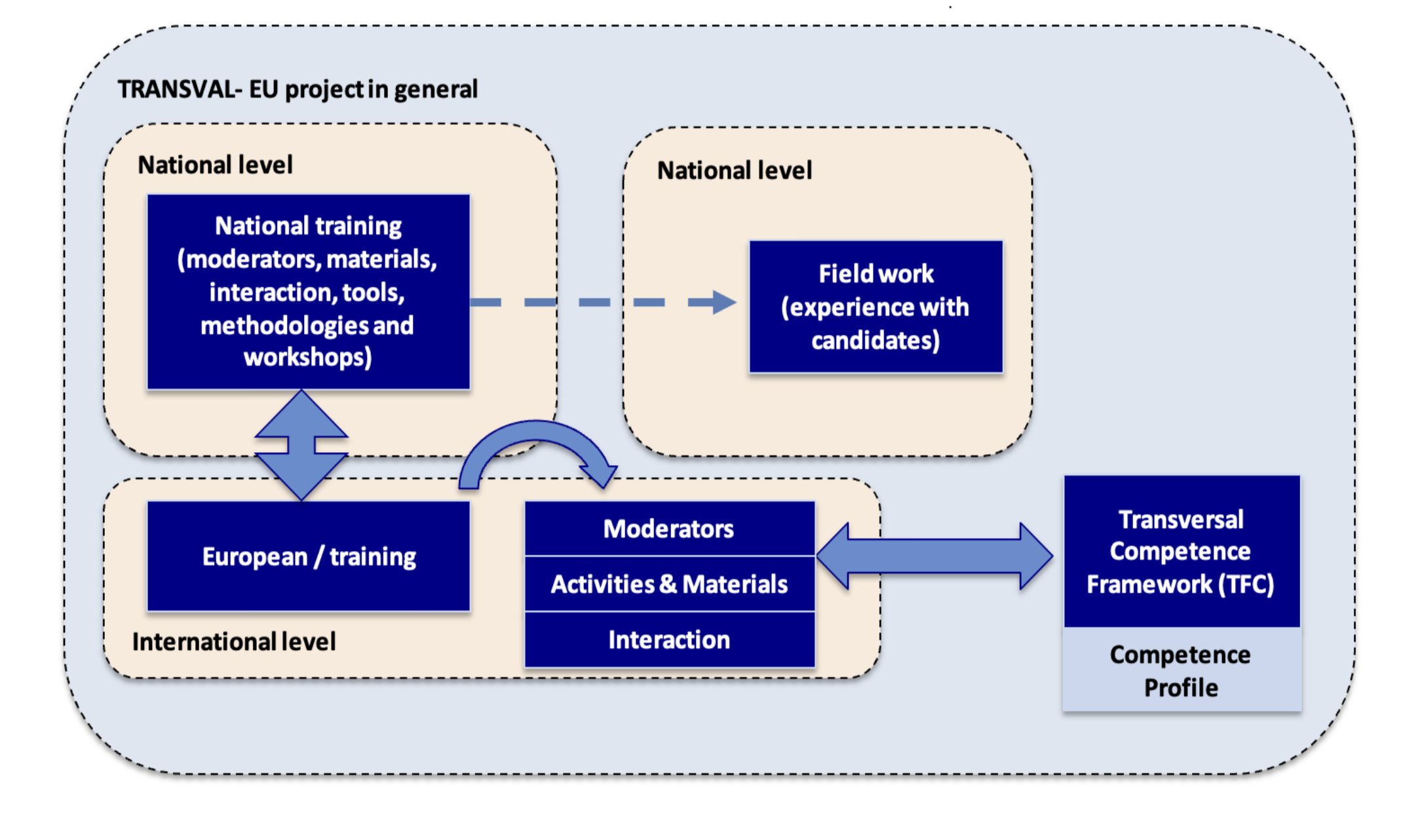
According to the results of the analysis referring to the influentials on the experienced increase of competences among the candidates especially the validation and guidance process of transversal skills in addition to gender and age seem to be a significant predictor on several of the competences.
Read more about our research results:
TRANSVAL-EU Research Report: The Impact of Validation and Guidance of Transversal Skills
Check out Downloads section for language versions.
References
Lupi, C. De Greef, M., Segers, M. & Verté, D. (2011). “Does adult education make a difference? », Maastricht: EDAM.
Taris, T. (2007). Uitdagend werk en regelmogelijkheden voorwaarden goede werkleeromgeving. Retrieved: 17-08-2009. Link
